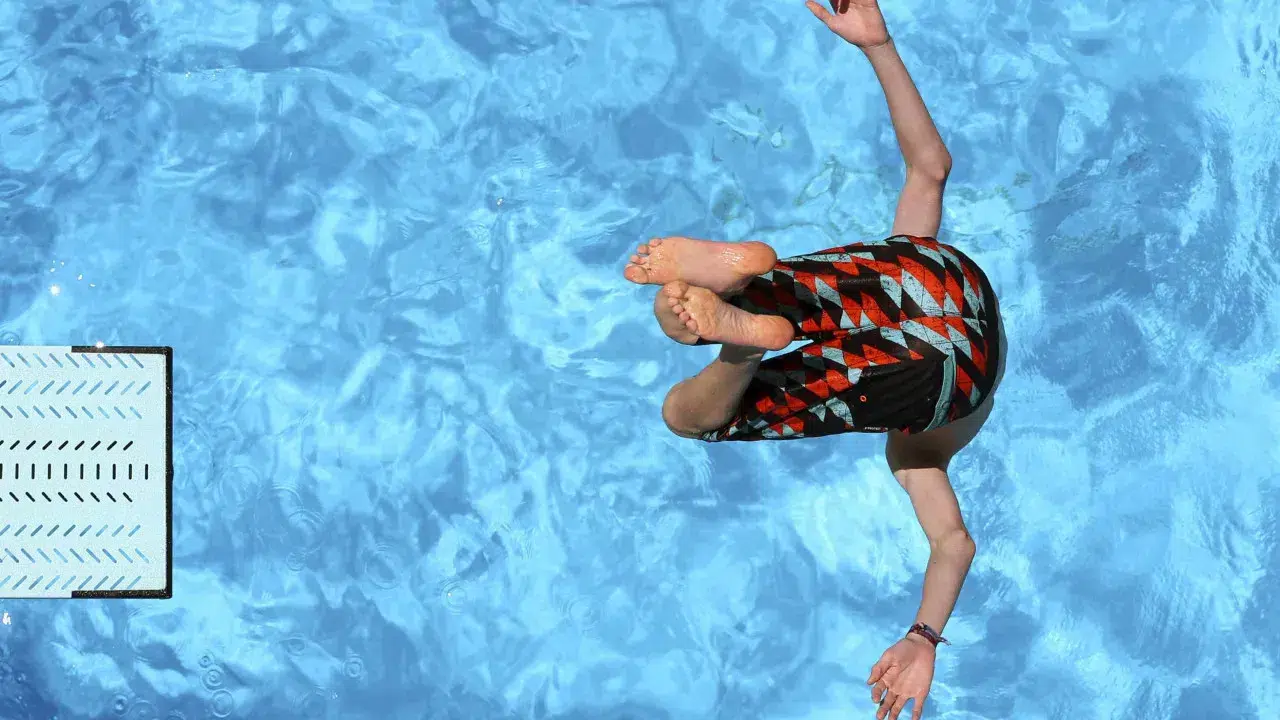
The legal order establishing the procedure for calculating the social mobility subsidy for transport services between mainland Portugal and the Autonomous Regions of the Azores and Madeira, as well as between these regions, was published yesterday in the Official Gazette.
The new values take effect on the same date as the decree-law defining the new model for granting the social mobility subsidy, published on March 24, and coming into force 10 days after its publication.
If the tickets were purchased before the enforcement of the order (April 3), the social mobility subsidy will be awarded according to the values that were in effect until that date.
According to the order published today, the maximum fare paid by residents of the Azores for travel to the mainland decreases from 134 to 119 euros, and for students, it decreases from 99 to 89 euros.
In both scenarios, the maximum eligible cost of the ticket to be reimbursed is capped at 600 euros.
Meanwhile, the maximum fare for residents of Madeira traveling to the mainland reduces from 86 to 79 euros, and for students, it decreases from 65 to 59 euros.
In Madeira, the eligible cost of tickets has a maximum limit of 400 euros, which, with the new order, increases to 500 euros, “when the destination or arrival is Porto Santo.”
In connections between the two archipelagos, the maximum fare for residents decreases from 119 to 79 euros, and for students, it reduces from 89 to 59 euros, with a maximum eligible cost of 600 euros in both cases.
In both archipelagos, “the maximum ticket issuance fee, for eligibility purposes, is 35 euros for one-way (OW) tickets and 70 euros for round-trip (RT) tickets.”
To access the social mobility subsidy, the beneficiary must submit, on an electronic platform, a copy of the purchase invoice with detailed information about the various components of the eligible cost and a document confirming the trip issued by the airline.
A copy of an identification document and a document proving residence in one of the regions (if the person is a foreign citizen) must also be submitted.
Students must submit a copy of a document issued and authenticated by the educational institution, proving they are duly enrolled and attending the course.
Until the electronic platform is available, the required documents must be delivered to the payment service provider (CTT).
The social mobility subsidy (SMS) was created in 2015 and was regulated by different decree-laws for the Azores and Madeira. Therefore, the government “decided to establish a uniform and unique legal framework aiming at simplification, efficiency, and equal treatment between the autonomous regions,” with a new decree published on March 24.
According to the decree-law, the value of the social mobility subsidy “must be reviewed annually, in consultation with the autonomous regions’ governing bodies,” based on “an assessment of price conditions, demand, supply,” and “its use by beneficiary passengers.”
The assessment should be carried out jointly by the General Inspectorate of Finance (IGF), with the National Civil Aviation Authority (ANAC) or the Mobility and Transport Authority (AMT), within the first three months of each year, so that the executive can “decide on the value to be granted to beneficiaries from the beginning of April.”
The new decree provides for creating a “platform for managing beneficiaries and the reimbursement process” to “simplify, dematerialize, and automate the eligibility and reimbursement procedures.”
It also foresees the creation of “a financing mechanism that enables passengers to access credit paid 100% within a specified period.”
The decree-law revises eligibility requirements to allow access to the subsidy for all citizens residing for at least six months in one of the regions, “regardless of their nationality.”
It also establishes “a control mechanism aimed at mitigating the possibility of charging fare amounts higher than those practiced by airlines,” to prevent “potential undue advantages by some economic agents.”




